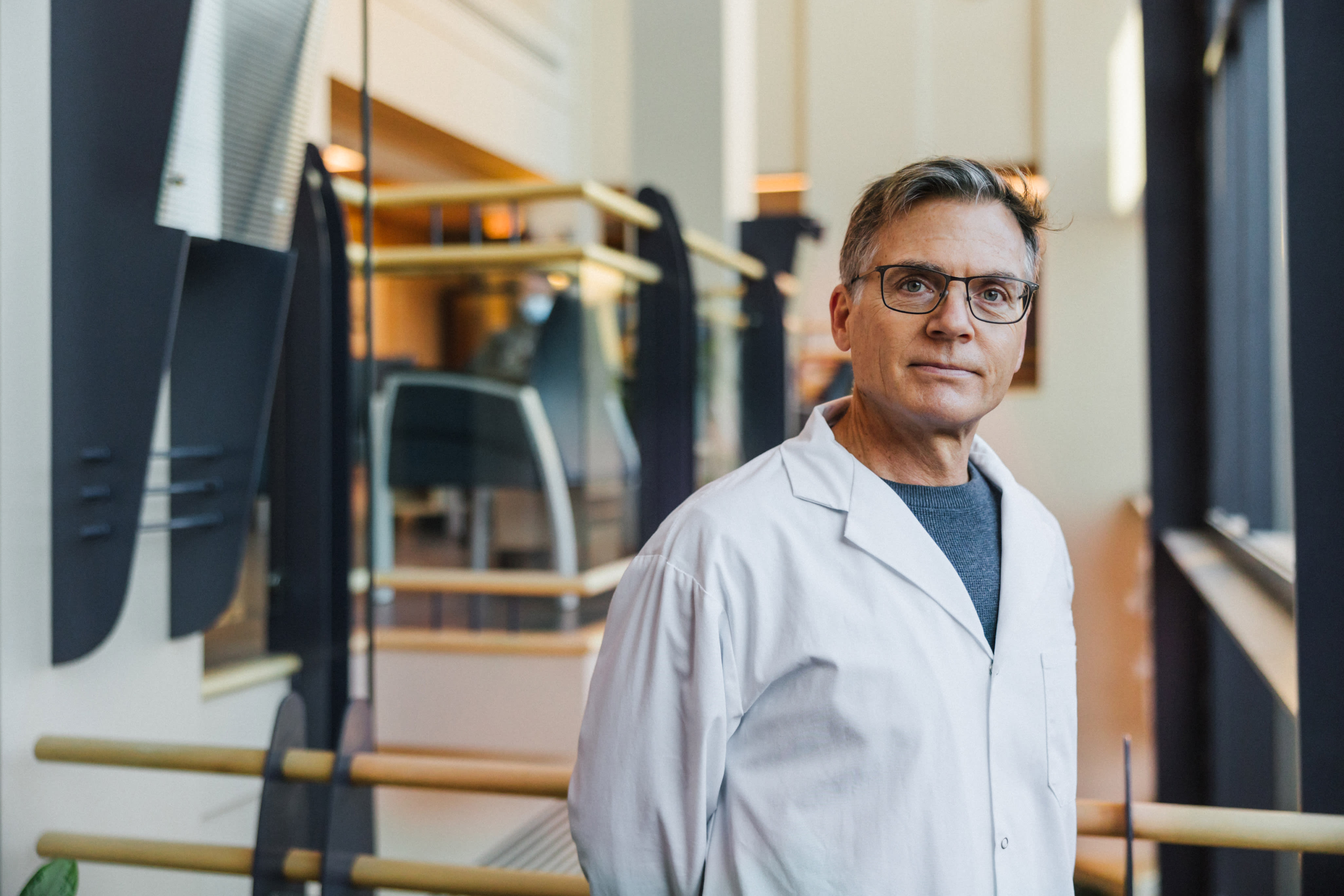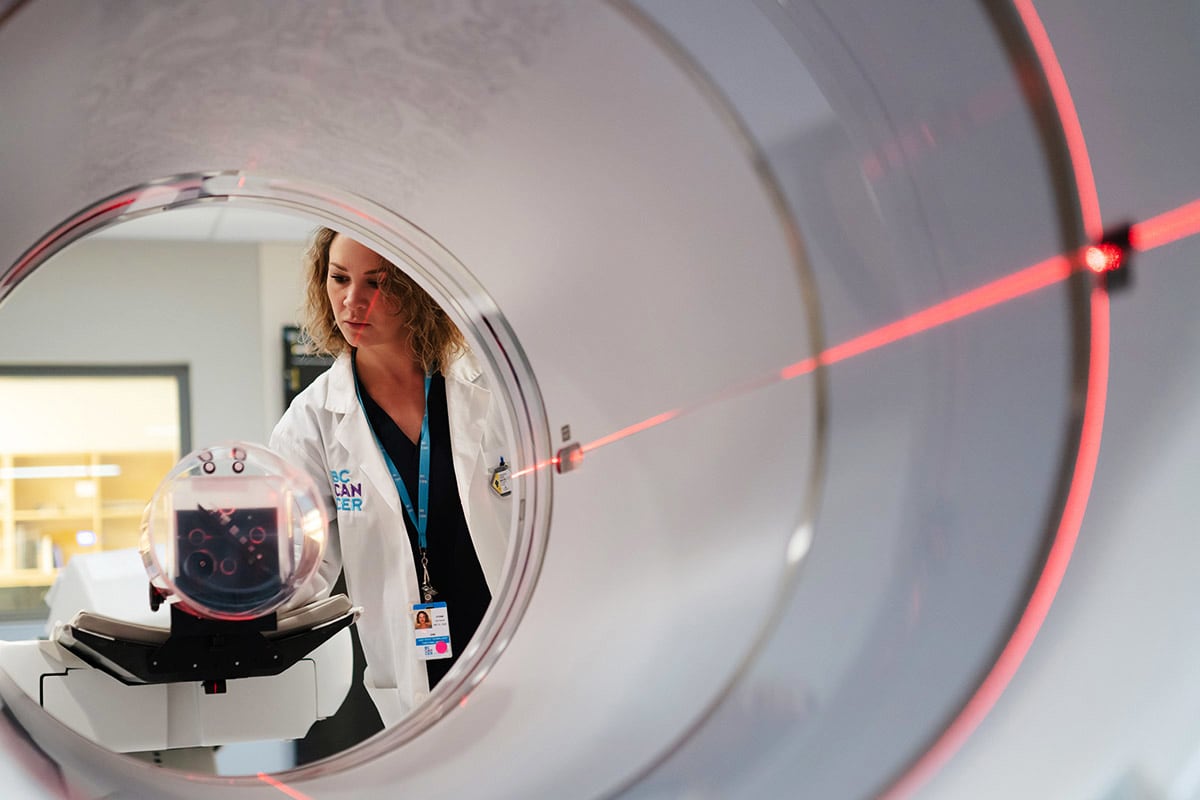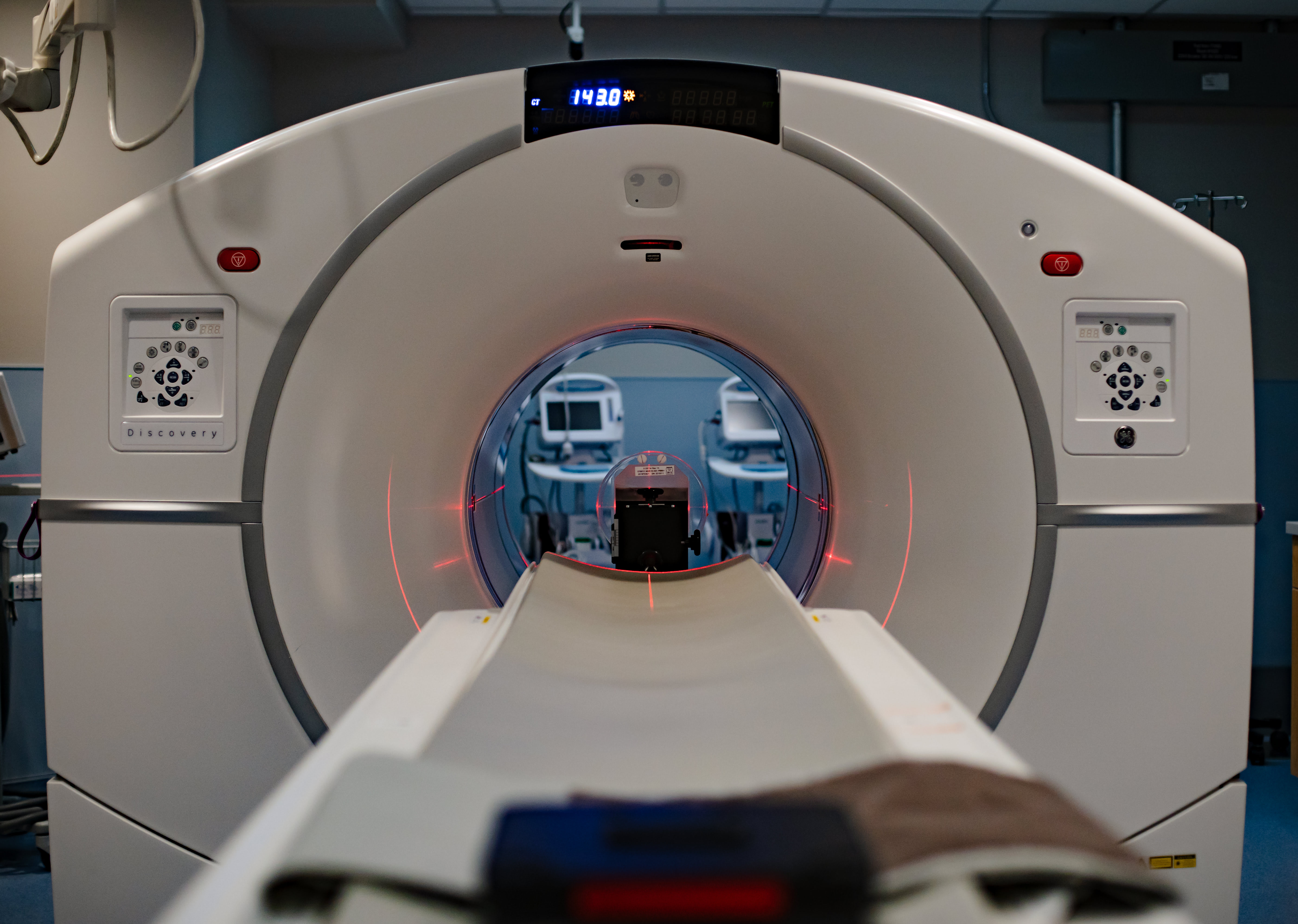PREDICT: Expanding our Knowledge of Cancer for the Benefit of Patients
July 19, 2013
Found in BC Cancer - Kelowna, BC Cancer - Victoria, Innovation, PREDICT
For many, the mention of “research” makes one’s eyes gloss over and the mind wander to other topics! But for oncologists at the BC Cancer Agency, the promise of making progress in patient care is of the utmost importance. One project that exemplifies our long-term commitment to improve cancer care is PREDICT.
The PREDICT project is a biobank—a collection of patient information, blood and tumour samples—that acts as a resource for people doing research. PREDICT started at BC Cancer – Victoria and we’re now expanding it to the Southern Interior. PREDICT is a way to combine patient information as we know it (e.g. the type and stage of cancer, information about recurrence of cancers, etc.) with the molecular and genetic information from the tumour itself and/or the blood.
PREDICT is an opportunity for every new patient that comes to the Vancouver Island Centre in Victoria or the Centre for the Southern Interior in Kelowna to be involved in research that WILL make a difference. This is a really important project as it will allow us to understand cancers better, including diagnosis, treatments, side effects of treatments and how cancer behaves differently in different people. PREDICT is also a way to involve patients in research projects, such as nutrition and quality of life research. In Kelowna, we are currently expanding PREDICT to add the tumour samples to our biobank and collect blood at other centres in the Southern Interior. Eventually, we want the PREDICT biobank to represent the population of British Columbia.
So, imagine if we had a way to answer the following questions: Why is one patient’s cancer so much more aggressive than another, when it’s the same type of cancer? Why do some patients experience significant side effects from chemotherapy? How do patients cope with a diagnosis of cancer and its treatment? How can we better select patients for chemotherapy or radiation therapy? These are the types of questions that we will eventually be able to answer with PREDICT. If a researcher can pose a question and have access to information and biological samples that can help answer the question, then we are making progress. If we do this enough times, we can make a meaningful improvement for our patients.
PREDICT has been made possible by generous donations by donors who believe in the researchers at the BC Cancer Agency. PREDICT is really a commitment to our patients that we will continue to improve care, from the patient and family experience down to the actual cancer cells.
Next week I’ll write about some of the long term impacts of research.
Janine


